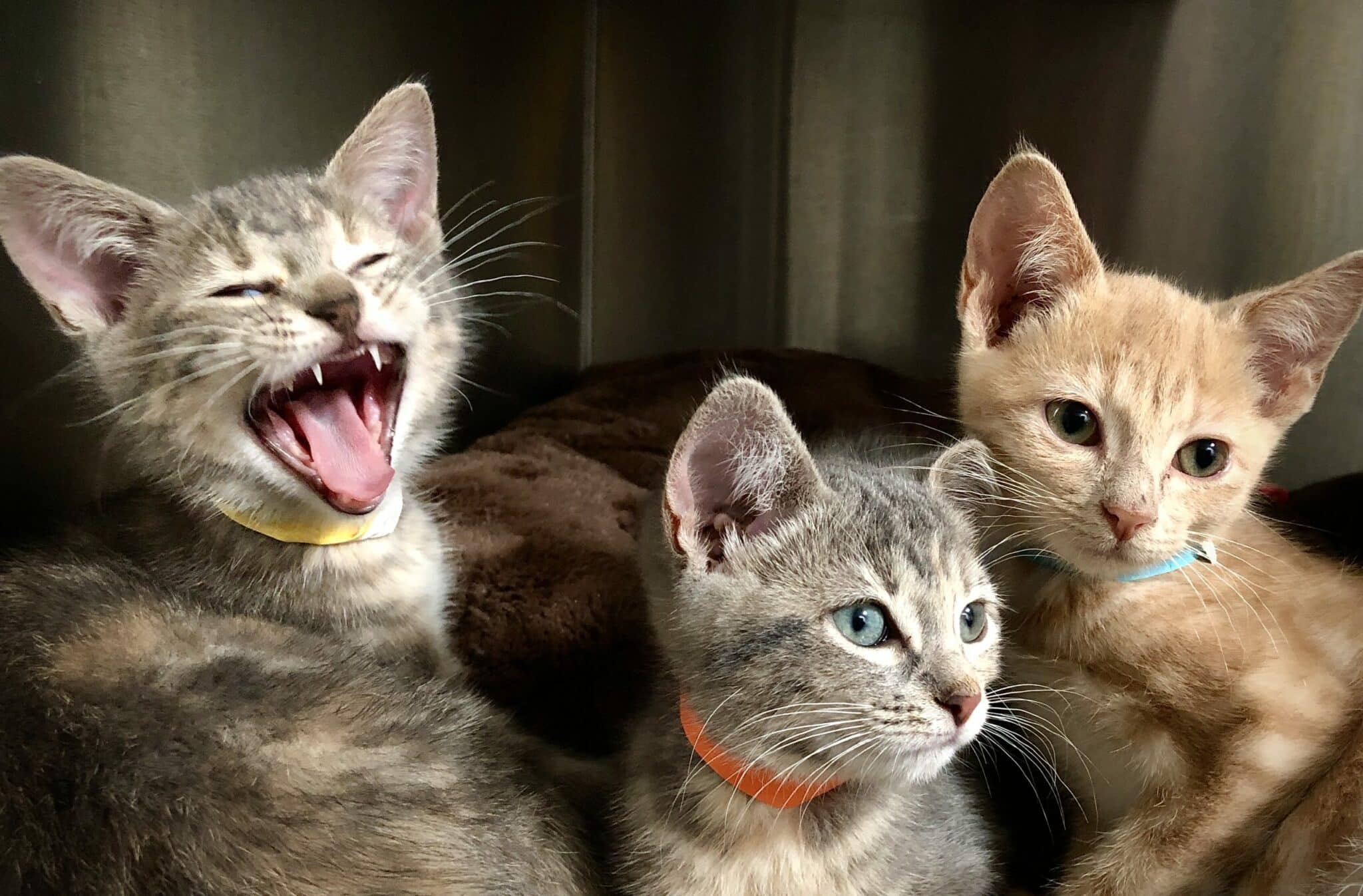
Prevention Best Protection Against This Deadly Cat Disease

This week, our WHS Investigations and Emergency Response Department have noticed an influx of calls regarding cats and kittens becoming ill with a disease called panleukopenia (more commonly known as cat distemper, panleuk, or ‘cat parvo’). The team is hoping to educate the public about this fatal disease and encourage the idea that prevention is the best protection.
Panleuk is an infection that targets the gastrointestinal tract and can cause the white blood cell levels to fail. It typically will affect kittens and non-vaccinated cats and the disease can survive in the environment for up to a year. There are multiple ways for cats to contract panleuk: it can be passed through feces, fur, etc. or it can even be passed via people and inanimate objects (for example, a cat bed or a person’s clothing).
The symptoms for panleuk can consist of the following:
- Lethargy/weakness
- vomiting
- diarrhea
- loss of appetite
- dehydration
This is a fast-acting disease with a high mortality rate – a sick cat must be treated immediately. If you notice these symptoms, you should contact a vet immediately to see what the best course of action is. If a cat is diagnosed with panleuk (or came in contact) it is important to remember the following: All washable surfaces must be wiped down with bleach (Diluted with water, 1:30 ratio) to avoid any future contamination, no new/ non-vaccinated cats should be introduced to the house for a year and any other cats in the house should be monitored very closely.
The most important thing to remember is that panleuk is highly preventable with proper vaccinations. Kittens should receive their first vaccines at 8 weeks of age and then every 4 weeks until 16 weeks of age. The vaccine starts protecting your kitten/cat after just few days and the longevity of immunity after proper vaccination in adult cats is excellent. Ensuring all vaccines are up to date, keeping your cat indoors, and not allowing cats with an unknown medical history (such as strays) interact with your pet will all help protect your cat and will help protect you from expensive vet bills.

